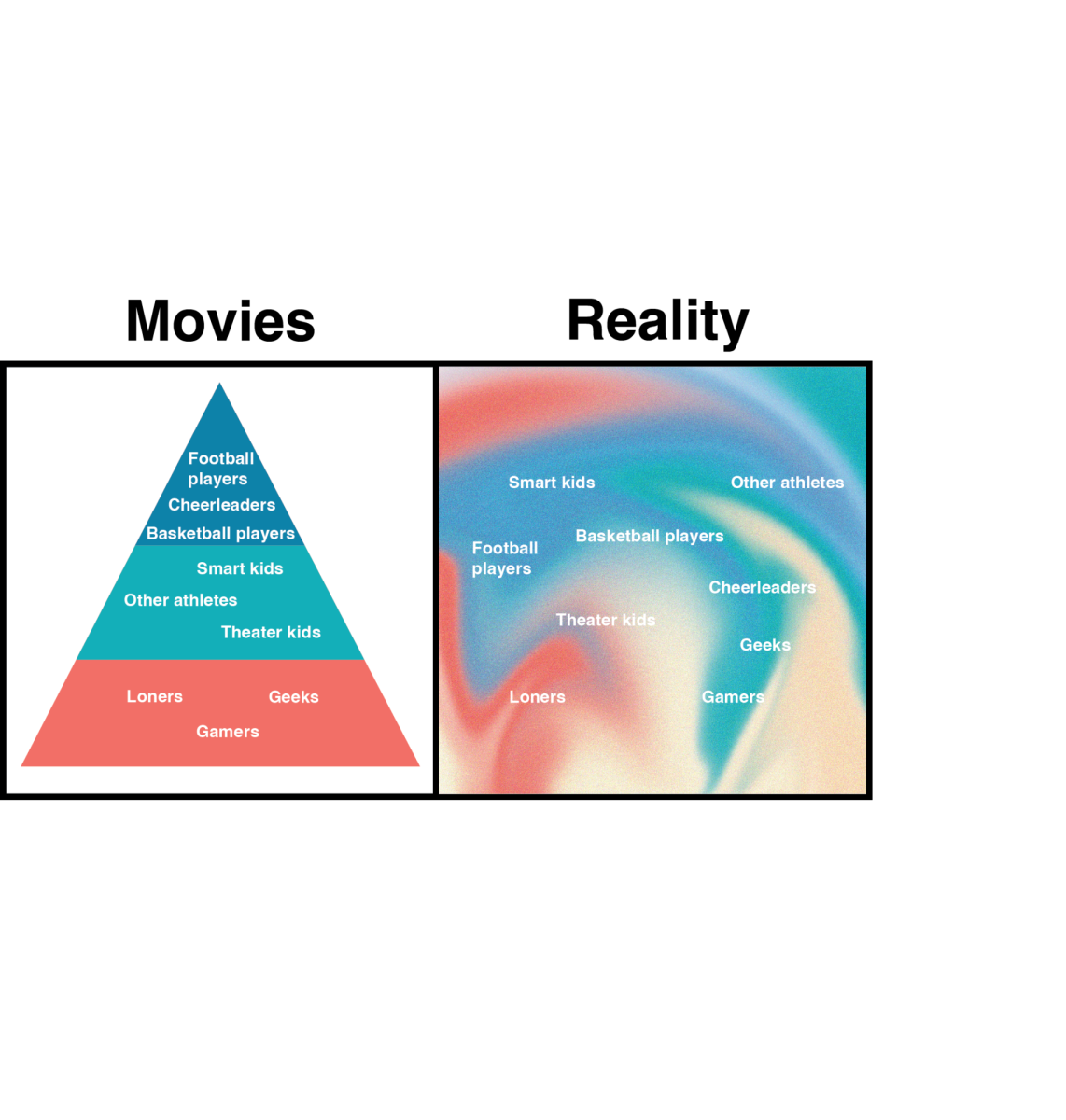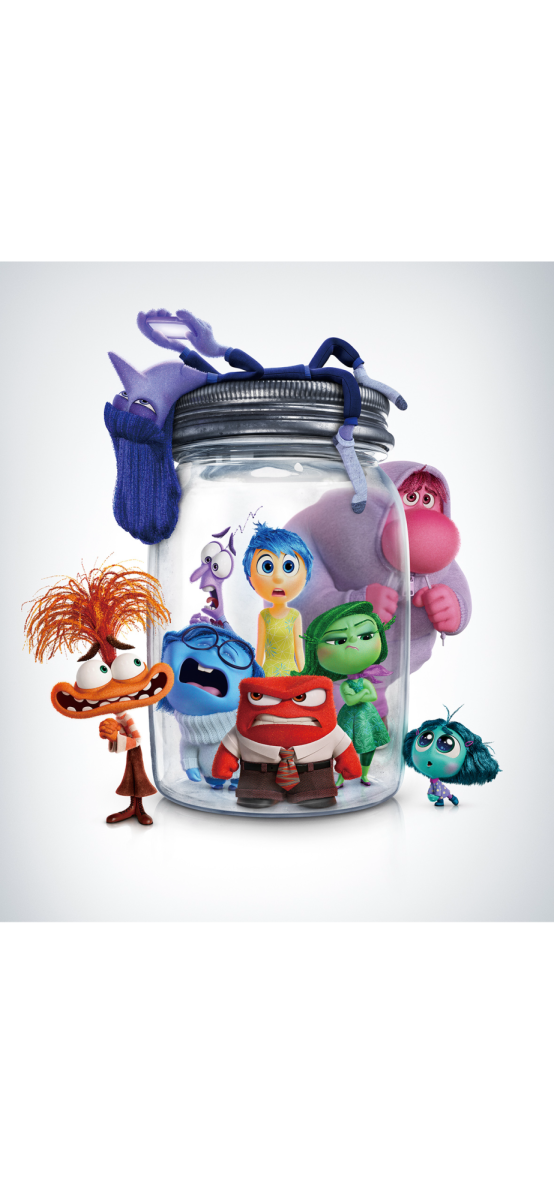A teenage student comes home from a long day at school, craving something that would elevate their mood. They reach for a TV remote or an electronic device and start searching Netflix for trending shows to watch.
Surprisingly, the South Korean drama series “Squid Game” shows up, standing out from the array of American shows featured. Released in September, this unique show is on track to becoming the most popular Netflix program of all time. “Squid Game”’s popularity is indicative of just how much South Korean films have embedded themselves inside the American mainstream culture.
The birth of cinema in South Korea started on Oct. 27, 1919, also known as Korean Film Day. This was when the film “The Righteous Revenge” premiered, which was widely recognized as the first movie in the country. The Korean War, however, halted the South Korean film industry, and only 14 films were made from 1950 to 1953. It wasn’t until the 1980s that the media started to prosper due to industrialization and less governmental control over the production of films.
Since then, South Korean films have penetrated into the American media and garnered attention from various people. Films such as “Oldboy” in 2003, “The Handmaiden” in 2016, “Burning” in 2018, and “Parasite” in 2019 earned massive popularity and praise from critics, with the latter being the first non-English film to win the Best Picture award.
Some of the best Korean films and shows feature controversial topics or challenge the viewers, something that American films don’t generally portray. For instance, “Squid Game”’s thriller/survival element attracted the curiosity of many viewers, especially young people and teenagers.
“It’s a call on capitalism … a lot of people don’t realize that that’s what the whole point of it is,” junior Sarah Bachrach said. “I think it was very … unusual, … a whole idea of just mass murder.”
Films in South Korea are known to be aesthetically pleasing, emotionally captivating, genre-bending and well-crafted. The ability to utilize these factors may be the reason why films such as “Parasite” and “Train to Busan” (2016) were so engaging.
“There’s always a twist. I can never predict what’s going to happen,” social science teacher Inny Kim said. “It’s not what you expect.”
While the thriller element of these films may appeal to many viewers and gain massive recognition, South Korean films don’t lack in other genres. For instance, South Korean dramas are famously known for their sweet, captivating romance that creates a warm and fuzzy feeling for the audience. Their perfect (but not necessarily realistic) depiction of characters in a romantic relationship
“It definitely plays on the human instinct of wanting to know what it feels like to be loved unconditionally, or to be sought after, or to be lusted after … in a way that is dramatic,” Kim said.
The most striking contrast between American and South Korean films would definitely be the cultural differences. In Korea, there are levels of formality embedded in the language, which adds to the complex but unique nature of the country and its films.
“I don’t ever watch them [Korean films] with the dubbed over audio … because you don’t lose the acting and the expressions,” Bachrach said. “Korean is a very tonal language … the intonations after each sentence is very different, so the acting is on a different level.”
“Hallyu,” a term meaning “Korean Wave,” definitely portrays the fact that South Korean pop culture has made its place into the American mainstream. Korean popular music (K-pop) came first, as evidenced by the rise of the Korean boy band, BTS, as well as many others.
“I think ‘Gangnam Style’ really opened up the world to Korean pop culture … it’s the first one that I can remember listening to the radio and hearing it on,” Kim said.
With the rise of Korean pop culture and its spread across the globe, it is amazing that their influence has touched upon countless countries. This popularity will likely keep increasing moving forward, and it will be exciting to see more of what South Korea has in store.
















